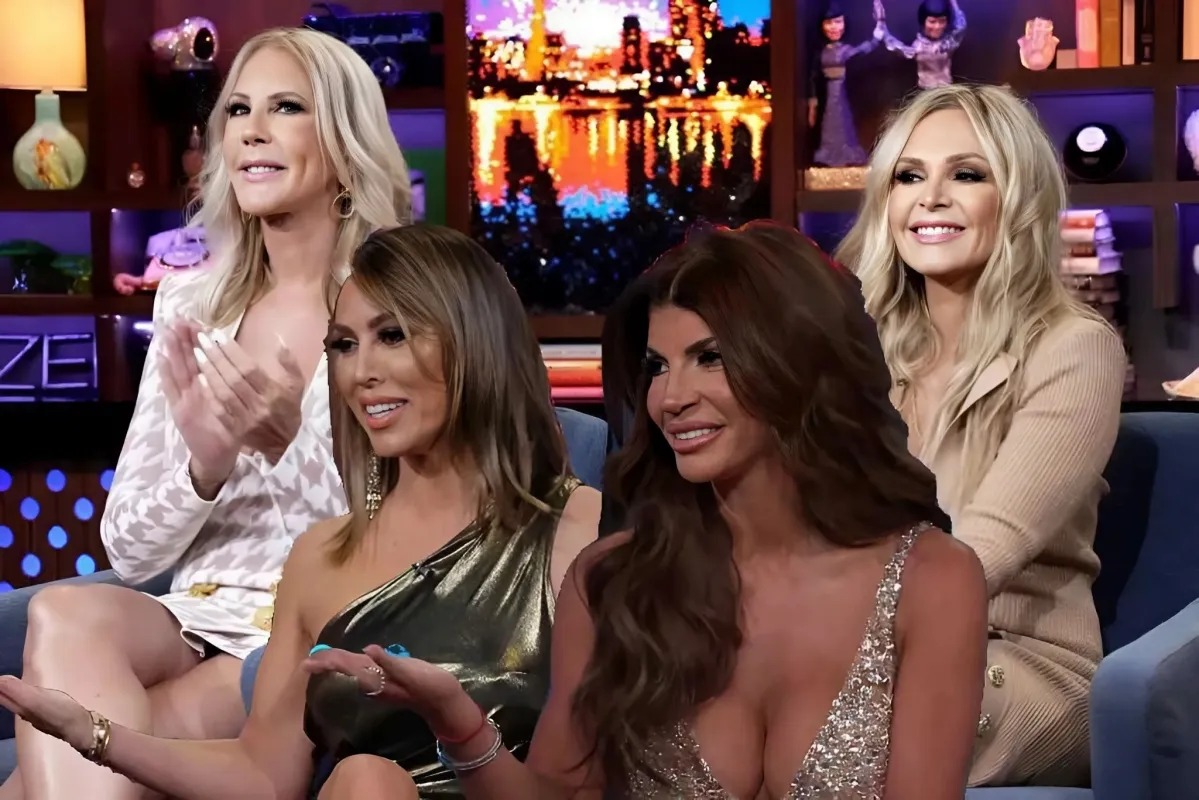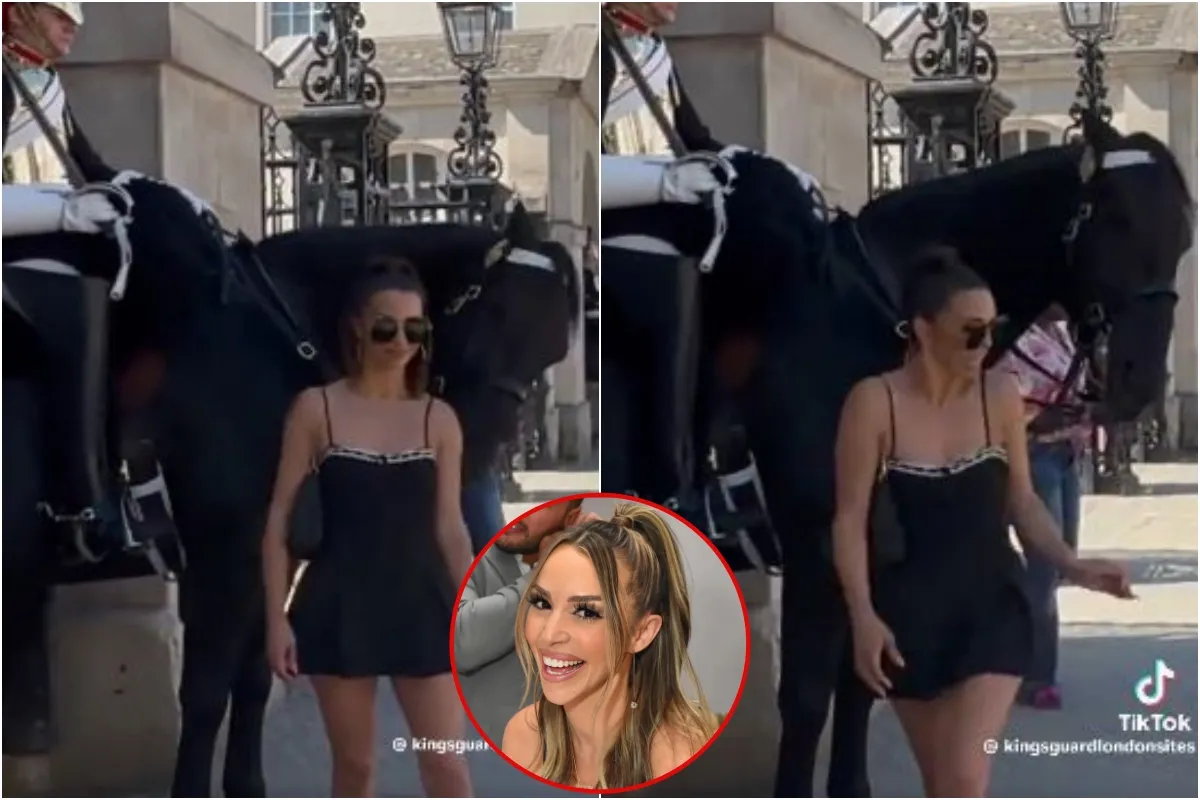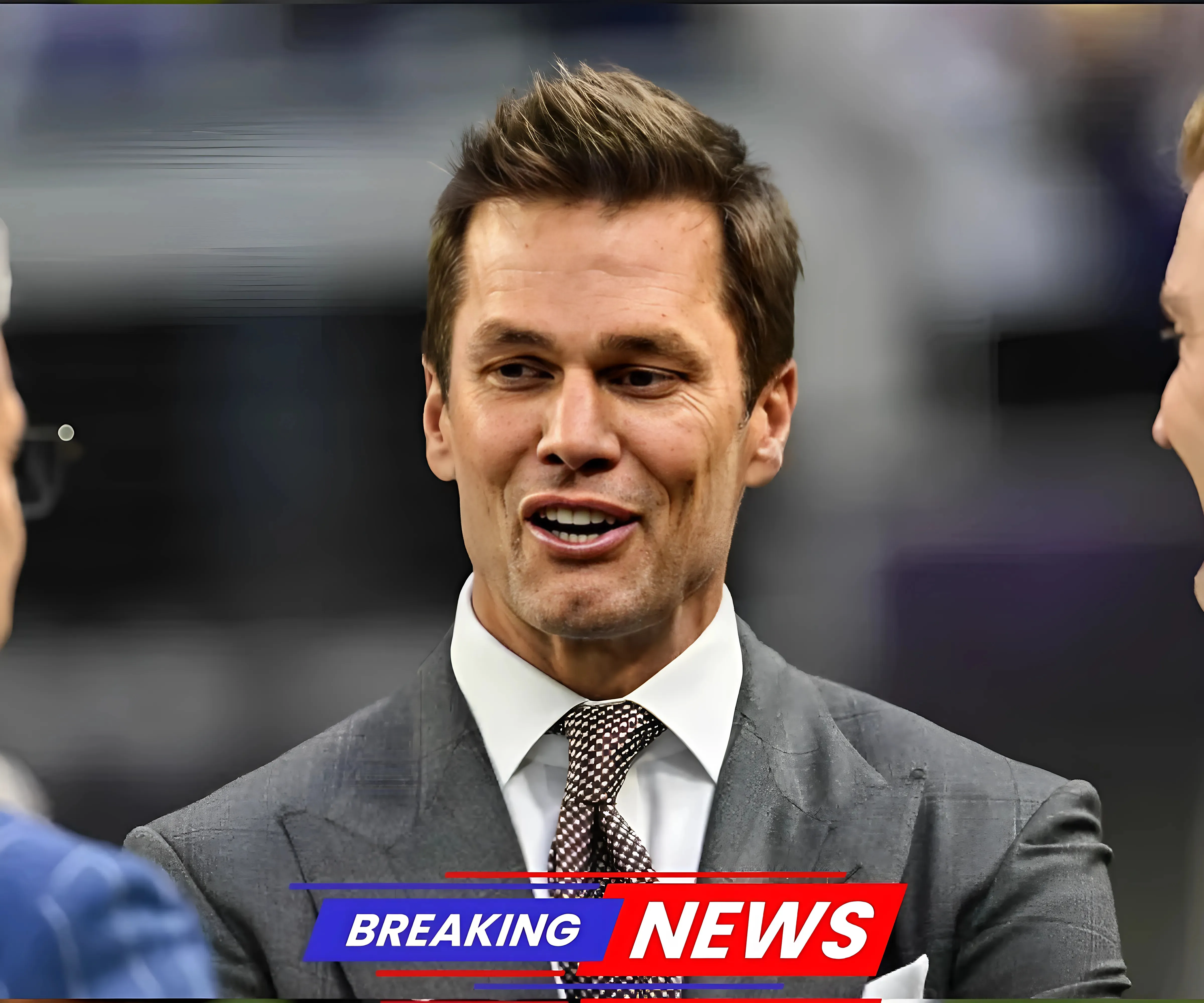DENVER — Valeri Nichushkin’s third absence in 13 months invites all kinds of uncomfortable questions.
And perhaps not many answers in the short term.
The joint announcement from the NHL and NHL Players’ Association that Nichushkin, the Colorado Avalanche forward and one of the top goal-scorers in these playoffs, was placed in Stage 3 of the NHL/NHLPA player assistance program and suspended for a minimum of six months without pay for violating the terms of Stage 2, was bombshell news ahead of Game 4 of the Stars-Avalanche second-round series on Monday, which Dallas won 5-1 to take a 3-1 series lead.
First and foremost, one hopes that the player gets the help he needs as a person, never mind the hockey part of it. The Avalanche announced before their game that they won’t comment further, beyond what the NHL-NHLPA joint statement said, but after the game, coach Jared Bednar and players answered questions.
Bednar said he learned about Nichushkin’s absence sometime after the morning skate and said he was “obviously not happy about it, but it is what it is. It’s out of our control.” Jonathan Drouin entered the lineup in place of Nichushkin.
“We’re not using that as an excuse,” Bednar said. “We lose a good player in Val today. We (also) add a good player in Drouin. And (Drouin) played well tonight. … I think that’s not an excuse for our team, for us.”
The joint statement about Nichushkin read in part that, “under the terms of the joint program … (Nichushkin) will be eligible to apply for reinstatement.’’
Colorado Avalanche forward Valeri Nichushkin placed in Stage 3 of NHL/NHLPA Player Assistance Program.
Details: https://t.co/CgJeayHXDs pic.twitter.com/kMzjJlYKG3
— NHL Public Relations (@PR_NHL) May 14, 2024
A refresher of the program’s stages (a program that’s collectively bargained between the NHL and NHLPA):
Stage 1: First in-patient treatment; no penalty.
Stage 2: For violation of Stage 1 treatment plan, suspension without pay during active phase of treatment, and then eligible for reinstatement.
Stage 3: For violation of Stage 2 treatment plan, suspension without pay for at least six months, and then eligible for reinstatement.
Stage 4: For violation of Stage 3 treatment plan, suspension without pay for at least one year. Reinstatement not assured.
The NHL, the NHLPA and the Avalanche would not confirm reports from Daily Faceoff and ESPN that Nichushkin had failed a drug test. But the fact is that the joint statement said he’s in Stage 3, which means a violation of his Stage 2 treatment plan.
And now, the Avalanche have lost one of their top offensive threats right in the middle of a playoff series, just as they did a year ago, when Nichushkin was sent away after an incident at a Seattle hotel and did not return. The team attributed his absence to “personal reasons.”
Nichushkin’s entry into Stage 2 of the program was never announced. In January, Nichushkin stepped away as the team announced, via a quote from Nichushkin, that he had decided to enter the program. He returned in early March.
pic.twitter.com/cXM2QeYTGW
— x – Colorado Avalanche (@Avalanche) January 15, 2024
Which brings us to the harder conversation: What do you do next if you’re the Avalanche?
Nichushkin is wrapping up the second season of an eight-year, $49 million contract. In case people are wondering, a league source said what has transpired here does not constitute grounds for the Avalanche to consider a contract termination. A league source also confirmed that Nichushkin will not count on the Avalanche’s salary cap while he’s suspended over the next six months. But if he’s cleared from Stage 3 in six months, his contract goes back on the cap. That could be around November.
But again, where do you go from here if you’re the Avs?
Nichushkin clearly needs help and, no doubt, every organization wants to be known for having its players’ backs and being supportive in times of need. That’s obviously important, as Bednar indicated when asked after the game about how much Nichushkin had let down the team.
“Well, I’m not gonna go there,” Bednar said. “Val is obviously struggling with something. I have two thoughts. Yeah, it sucks for our team. We’ve got to turn the page. We’ve got to go play way better than we did (in Game 4). There’s still 20-plus guys in that room that care and want to win and that are here. That’s what we have to focus on. It hurts our team. There’s no question. He’s a great player.
“And the second one is, I’ve gotten to know Val as a person and I’ve gotten to know him as one of our teammates, and I want what’s best for him. I want him to be happy and I want him to be content in his life, whether that is with our team or not with our team. I want the best for him and his family. I think all of our guys are the same. We hope that he can find some peace and get help. That’s the other side of it. Hockey is not life and death, even though we treat it like it is. Val is a big priority. And our team is another one. Now they are separated. They’re not together.”
But there’s also the business side, as cold as it sounds, and no doubt the Avs’ front office has to be asking: “Will we ever be able to trust this guy again?”
Asked if he could see a scenario in which Nichushkin and the Avalanche could be together again, Bednar said, “I have no idea.”
Veteran defenseman Jack Johnson said to The Denver Post, “He made his decisions. That’s all I’m going to say on that. He made his decisions.”
Asked if he was disappointed with the timing of the Nichushkin news, veteran forward Andrew Cogliano said, “Yeah, I don’t know. I think this game is so hard at this point, and it takes every ounce of yourself to be ready and play and give it all you’ve got. So, that whole situation, I think at this point for the guys in the room, it is what it is. We just have to find ways to power through ourselves.”
There are no easy answers here.
The hard reality is that Nichushkin needs help, and the Avs have been hit hard by his loss at the worst time of the year two playoff springs in a row.
The on-ice impact of his loss can’t be ignored, even if it’s not the most important part.
I reached out to one NHL head coach, who requested anonymity given the sensitive nature of the news, and he was quick to say that he felt bad for the player and what he’s going through. But on the hockey side of things, there’s no sugar-coating what Nichushkin’s loss means to the Avs. The coach said Nichushkin was arguably the best player against them the last time they played.
“We couldn’t handle his size, strength or speed,” the coach said via text message. “He can turn a game/momentum around for them by using all of the above. He is a huge loss on five-on-five and (power play)…”
I also reached out to a rival Western Conference front-office executive who said this about the on-ice loss of Nichushkin:
“I think it’s potentially huge,” he said via text message. “Avs already are top heavy offensively, and now without him, it looks like they have only one line that would scare you. … Plus his impact on special teams; (Nathan MacKinnon) and (Mikko Rantanen) might need to play 28 minutes.’’
Nichushkin was arguably Colorado’s best player in the 2022 Stanley Cup Final against Tampa Bay. And he was leading the Avs with nine playoff goals in his eight games before Monday’s suspension. It’s likely no coincidence that the Avalanche looked flat at the start of Game 4 and fell into a 3-0 deficit near the midpoint of the second period.
That’s the hockey side of things. There are much bigger things that matter here.
But it does at least make one wonder what his hockey future looks like in Colorado.
(Photo of Valeri Nichushkin: Matthew Pearce / Icon Sportswire via Getty Images)




